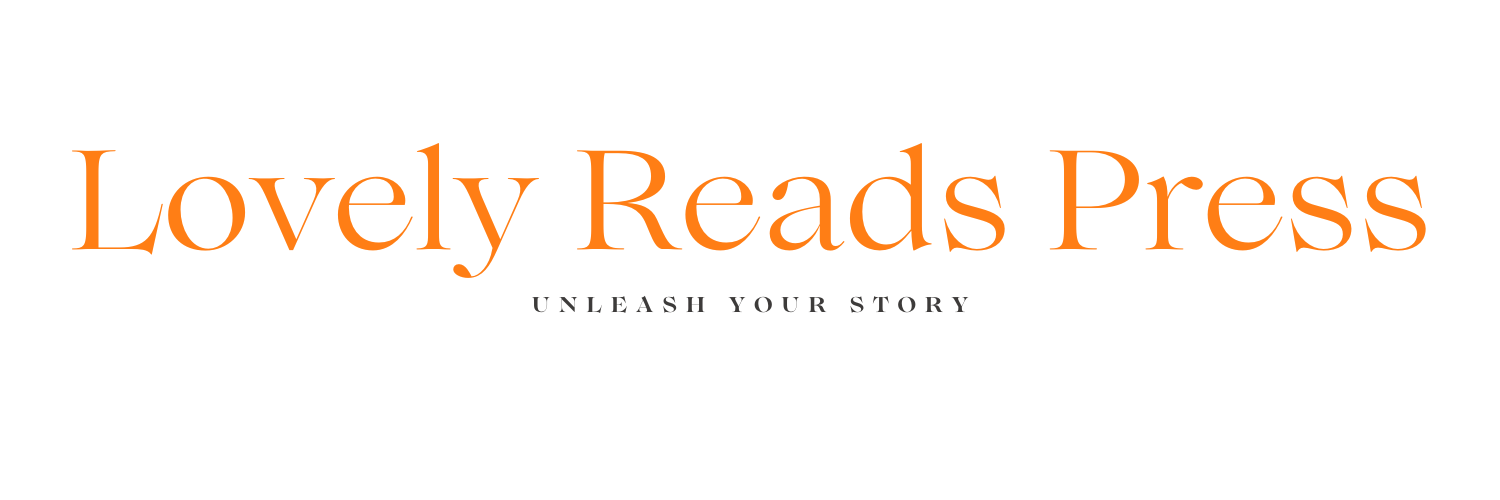When did you realize that you wanted to become
a writer?
I’ve
always known. I’ve written for as long as I can remember!
Is being an author all you dreamed of, or did
it just happen? The best and worst thing about it?
By far the very best
thing is when someone contacts me to let me know they’ve read my book and
enjoyed it. I can’t get enough of that! And in that sense, it’s absolutely
everything I ever dreamed of it being. But it’s even easier to get distracted
from writing now that I have books out—there are guest blog posts to write and
interviews to do and people to contact . . . but I find that I’m loving that
part, too, so even the distraction is fun.
What was the very first thing you ever wrote?
The
first story I remember actually writing down was basically fan-fiction of The Wizard of Oz. I wrote it in
long-hand in a yellow legal pad. I’ve been writing ever since. But about ten
years ago, a friend suggested I join in National Novel Writing Month (nanowrimo.org).
Until then, I had always written short stories. That year, I finished the first
draft of what would eventually become Legally
Undead—it will be my second published novel, but it’s the first one I
wrote.
What made you create (your book)? How did it come to you?
I
remember driving to work one morning (I’m a college professor in my other life)
and seeing just a wisp of fog move across the statue in the middle of the town
square. The statue was of some Civil War figure (I was living in Alabama at the
time), and I remember thinking that it looked oddly ghostly. In between
teaching classes that day, I started writing Callie’s story. It took me less
than six weeks to finish that first draft—her voice was just incredibly strong.
I actually like trying to work through Callie’s difficulties interacting with
the physical world—she hates it, but it’s fun for me as an author!
Who is your literary hero?
Neil Gaiman. He’s
smart and funny and always good to his fans and just utterly brilliant.
How much of your characters are based on your
traits or someone you know personally?
All of them! Maw-Maw, for example, is actually
largely based on a combination of my own grandmother and great-grandmother--the
only real difference is that they were white and from Texas rather than black
and from Alabama. Otherwise, she talks like them and acts like them. It's my
great-grandmother's voice I hear in my head when I write her dialogue, my
grandmother's movements I see when I picture her walking around. Physically, I
imagine her looking a bit like Ruby Dee in the television movie version of The Stand. But her attitude? That's
straight from my own family! Most of my
characters are like that—some combination of people I know and people I’ve
seen.
Describe your main character in six words.
Funny, sarcastic, determined, inquisitive, strong, kind
Describe the world you’ve created in six words.
Describe the world you’ve created in six words.
A small town with
dark secrets
What scene was your favorite to write?
I think the scene
where Callie, a ghost, starts stalking people in Walmart in order to get some
help was the most entertaining one to write.
What scene was the hardest for you to write?
There’s a scene at
the end of the novel where Callie reveals some of her history that was really
hard. (I don’t want to give it away—but it was pretty wrenching.)
What are you working on now?
I have a YA fantasy
entitled Fairy, Texas coming out in
February and an urban fantasy entitled Legally
Undead coming out later this year.
Right now this instant, I’m working on the sequel to Waking Up Dead, as well as a
contemporary romance.
Goals? Accomplishments? Improvements?
My goal is always to
write more and better stories. My New Year Resolution for 2014 is to continue
to write something fictional every single day (in addition to whatever
non-fiction I write). So far, so good!
Are there any authors or books you recommend?
Tons! I have a Ph.D. in English, so I have devoted
my entire professional life to reading and writing. I tend to pick favorites by
time period and genre, so I have (for example) favorite eighteenth-century
British novelists (Aphra Behn and Eliza Haywood) as well as (again, just as an
example) favorite twentieth-century science fiction novelists (Ursula LeGuin,
Lois Bujold McMasters). Most recently, I’ve read and loved Ann Aguirre’s Perdition, Holly Black’s The Coldest Girl in Coldtown, Robin
McKinley’s Shadows, Susan Ee’s Angelfall, the latest Stephanie Plum
book by Janet Evanovich (Takedown Twenty),
Melanie Karsak’s Chasing the Star Garden,
and Ilona Andrews’ Clean Sweep.
What's your favorite thing to do when you're
not writing?
Spend time with my
daughter! In the summer, I take her swimming every single day. In the winter,
our activities are a bit more varied—but I think we both like summer best. :)
Thanks so much for
hosting me today!
